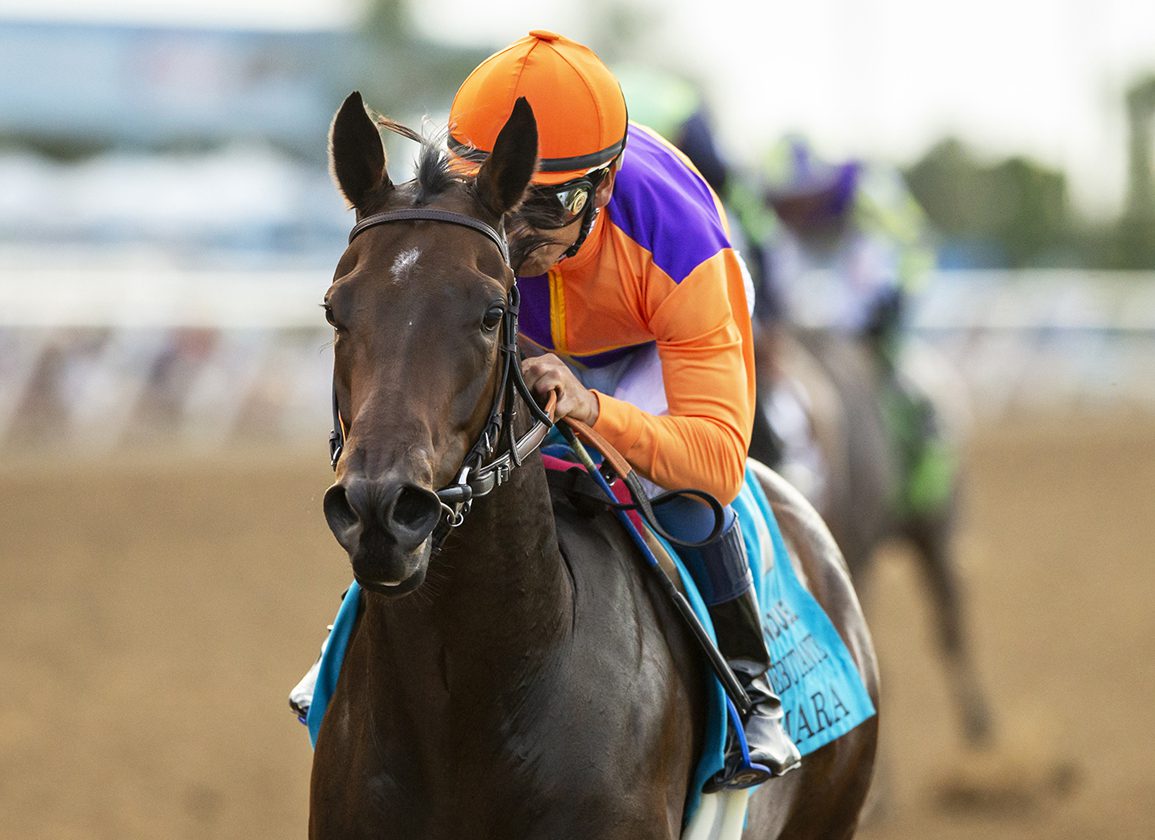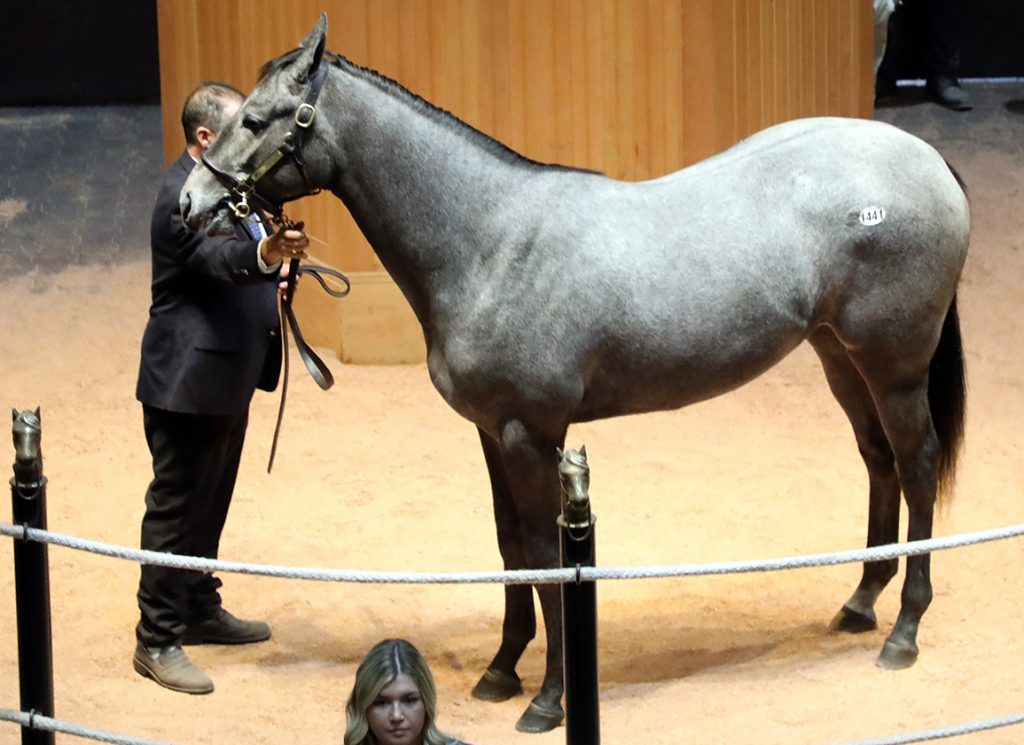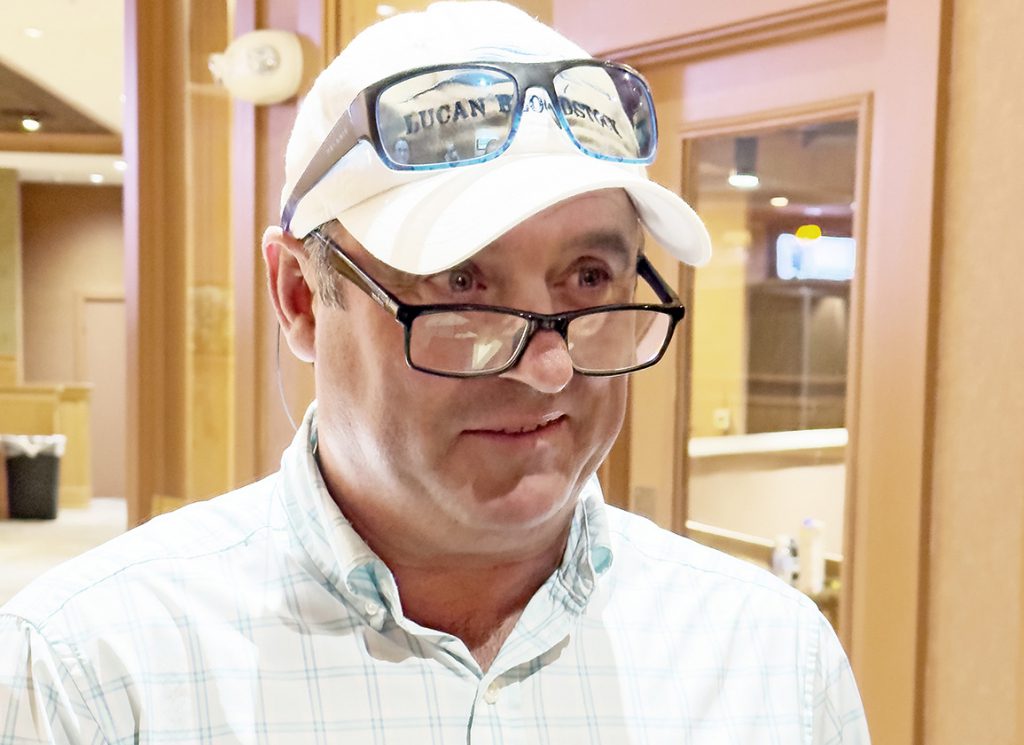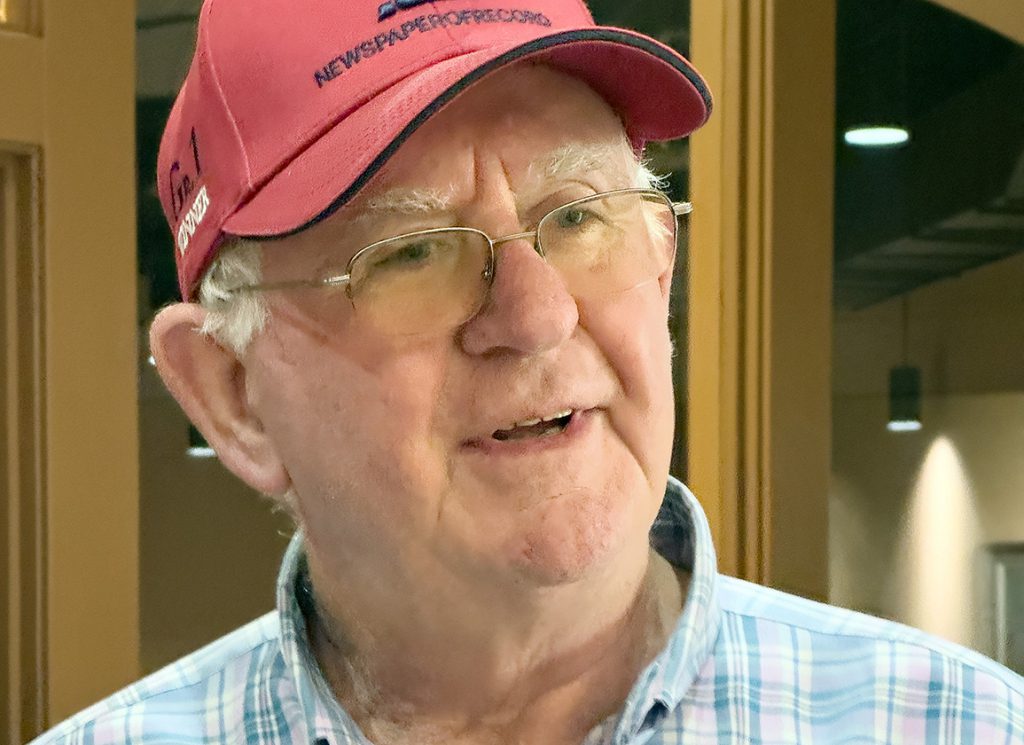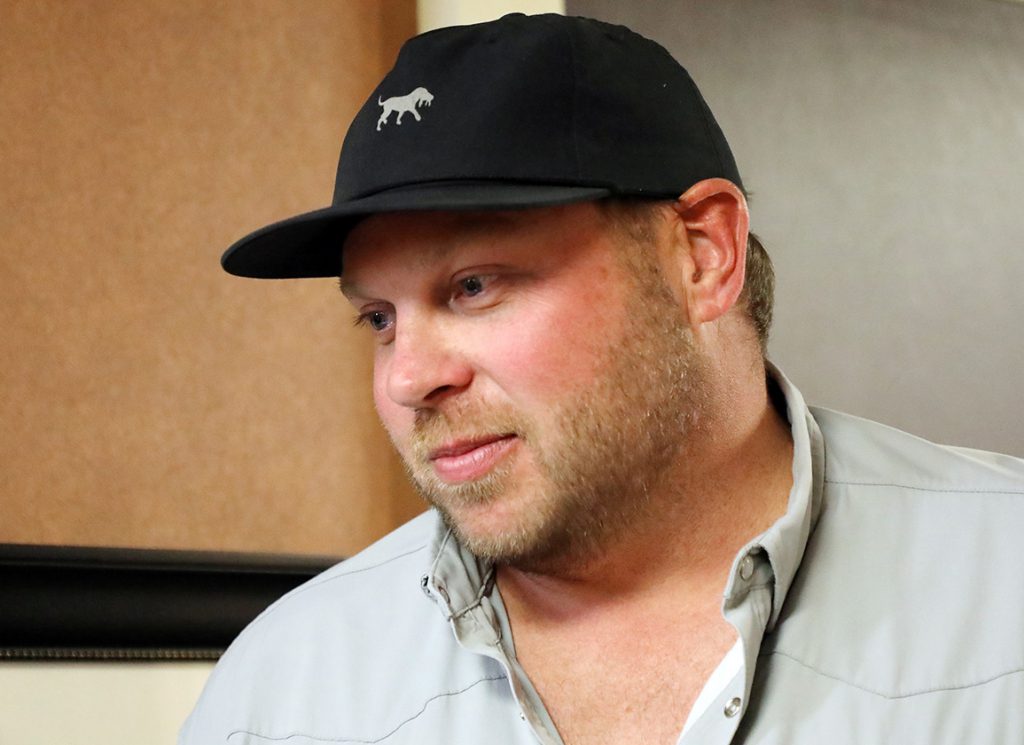The long-running battle to decide whether or not Justify (Scat Daddy) should have been disqualified from his win in the 2018 GI Santa Anita Derby seems to have come to a conclusion last week when the team representing Mick Ruis, the owner and trainer of runner-up Bolt d'Oro (Medaglia d'Oro), obtained an order from Los Angeles County Superior Court Judge Mitchell L. Beckloff, directing the California Horse Racing Board Stewards to set aside their Dec. 9, 2020 decision and issue a new ruling disqualifying Justify from the 2018 Santa Anita Derby. With the ruling, Bolt d'Oro has been declared the winner.
At issue was a report in the New York Times that revealed that Justify had tested positive for the substance scopolamine in the Santa Anita Derby. At the time, scopolamine was on a list of substances that, when found in a horses's system, required that the horse be disqualified. According to reports and Ruis's lawyer, the CHRB acted on recommendations from then-executive director Rick Baedeker and equine medical director Dr. Rick Arthur. It was their call that Justify should not be disqualified because the positive test was the result of contamination linked to jimson weed.
Had the New York Times not broken the story some 17 months after the Santa Anita Derby, probably, no one would have ever known that the horse had tested positive. Once the story was brought to light, Ruis went to work and hired attorney Darrell Vienna. Ruis stood to make $400,000, the difference between first and second-place money in the $1-million Santa Anita Derby.
There are, however, a few remaining questions:
1) Is this the final word or may there be still more appeals and fights in the courts?
“There is the potential for appeal,” Vienna said. “My understanding of the judge's order is that the stewards must now issue an order to disqualify Justify. There's the potential that the stewards' ruling can't be appealed. That's kind of confusing because they're under the order of the court. Now, is there going to be an appeal to the judgment of the Superior Court judge. They could appeal to the stewards, the court, one or the other or both. Hopefully, there will be no more appeals and we can just move on.”
2) All of the qualifying points for the Kentucky Derby that Justify picked up came from the Santa Anita Derby. Had the California stewards disqualified him from that race and did so in a timely manner, he would not have been eligible to run in the Kentucky Derby and obviously wouldn't have won the Triple Crown. Do the owners of the horses who finished behind Justify in the Triple Crown races have a case and could, say, Good Magic (Curlin) eventually be declared the winner of the 2018 Derby?
“I don't think so,” Vienna said. “I am aware of a case in California in which there was the appeal of a winner of a race who had subsequently been disqualified from a qualifying race that got him into the race he won. In that case, the California courts held that the horse's eligibility was determined at time of nomination and participation. Under those circumstances, I don't believe there will be any change in the order of the Kentucky Derby or the other Triple Crown races.”
A spokesperson for Churchill Downs told Horseracing Nation that the track has no plans to alter the result of the 2018 Derby.
3) How did this ever become the mess that it did? And why didn't the CHRB follow its own rules?
Vienna maintains that if the California Horse Racing Board followed it own rules the case would have been cut and dried and dealt with promptly. He maintains that the rules were simple and not open to interpretation. He says that any horse that tested positive for a prohibited substance had to be disqualified.
“It's all very simple,” he said. “All they had to do was follow their own rules. There was never any real determination of what happened after the closed session. The closed session lacked finality and lacked all the indices of true decision making. There was no notice to the involved parties. There were no witnesses. All you had was Dr. Rick Arthur making the argument that scopolamine was the result of contamination. The problem is the rules in California at the time called for the disqualification of a horse who was positive for a prohibited substance that was in classes 2 through 3, which scopolamine was. They could have correctly absolved Mr. Baffert or any one else of any responsibility and still under law be required to disqualify the horse. That was the gist of our case. That's all we ever asked for. Our case was based solely on the fact that there was prohibited medication in that horse's system and, as a result of that, the rules called for the horse to be disqualified. I don't think it was very confusing at all.”
4) The process dragged on for some 4 1/2 years and if not for the New York Times report, it may never have been known that Justify tested plosive for the substance. Was the CHRB trying to sweep this under the rug?
“I think that is the case,” Vienna said. “In one executive session, they were provided with one side of the story and they wanted it to go away. There is a process in California law that provides for dismissal of a complaint, but if you look at the history of the statute in California it really applies to charges against a trainer and not the dismissal of a disqualification. That would conflict with another statute in California that says that no horse can benefit if they are carrying a degree of a substance in his system.
“Mick, like all of us is worn out, but he is pleased. This happened in 2018 and no one knew anything about it until 2019. That's a tremendously long journey for something. It could have been settled right away if horse racing board simply decided to follow their owns rules.”
Can Full-Brothers Win the Derby Back to Back?
With his win in the GII Remsen S., Dornoch (Good Magic) is on his way to the GI Kentucky Derby, where will try to pull off something that has never been done. He is a full-bother to GI 2023 Kentucky Derby winner Mage and siblings, either full-brothers or half-brothers, have never teamed up to win the Derby.
To show just how difficult that feat is, take Secretariat. His dam, Somethingroyal, produced four foals who made it to the races after Secretariat. They combined to win three races with total earnings of $38,241.
There have been a couple of dams who produced more than one win in a Triple Crown races. Thanks to research done by Randy Moss of NBC Sports, we know that the dam Leisure produced two Preakness winners in Royal Tourist (1908) and Holiday (1914). Better Than Honour was the dam of 2006 GI Belmont S. winner Jazil (Seeking the Gold) and 2007 winner Rags to Riches (A.P. Indy).
As for Dornoch, a lot will have to go right for him to win the 2024 Derby, but at this point in the game, he's far ahead of where Mage was at the same point. The Remsen was Dornoch's fourth career start and with the Remsen, he has added a graded stakes win to his record. Mage didn't start until Jan. 28 of this 3-year-old year and had not won a stakes race coming into the Kentucky Derby.
Noble Indy Makes It Home
Remember the story of Noble Indy (Take Charge Indy), the winner of the 2018 GII Louisiana Derby? He never ran back to that race and wound up being sent to Puerto Rico, where racing can often lead to the worst possible outcomes. Well, Fred Hart, who owned the dam of Noble Indy, Noble Maz (Storm Boot) was determined to bring him back home. Working together with Caribbean Thoroughbred Aftercare Inc., he has made that happen and Noble Indy landed at Old Friends last week. It's worth noting that Mike Repole and WinStar Farms, who were two of his owners during his prime racing days, foot the costs required to transport the horse back to the U.S. It's good to see owners accept the responsibilities that come with providing a good life for their horses after their careers are over.
The post The Week in Review: Takeaways from Justify-Scopolamine Verdict, and Other Thoughts appeared first on TDN | Thoroughbred Daily News | Horse Racing News, Results and Video | Thoroughbred Breeding and Auctions.
